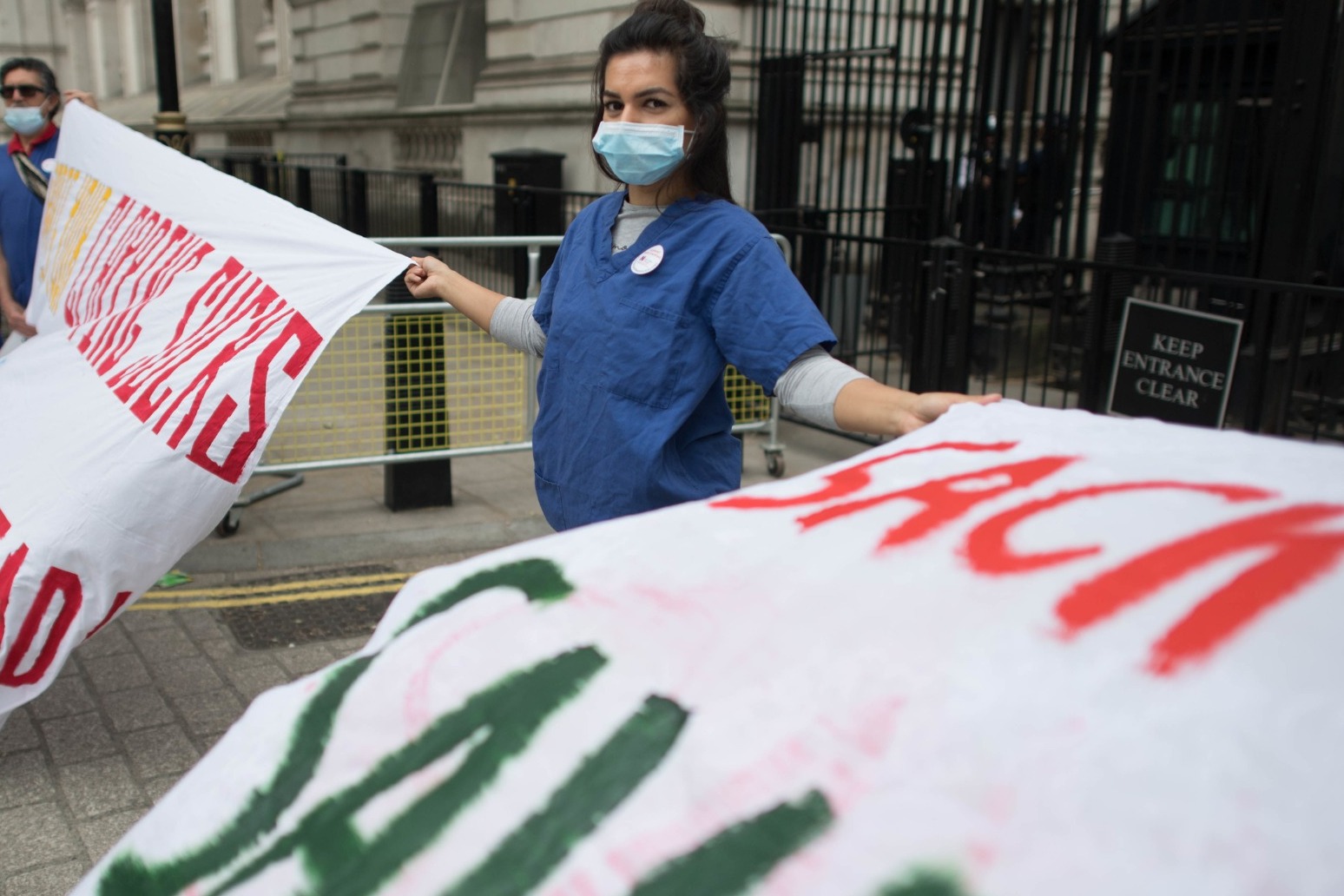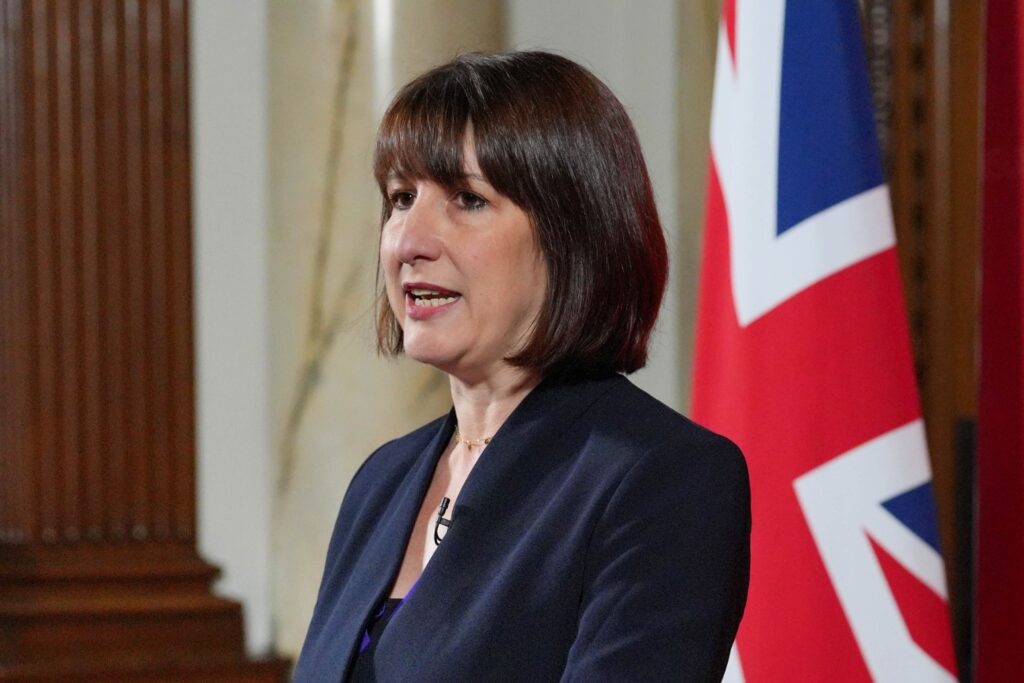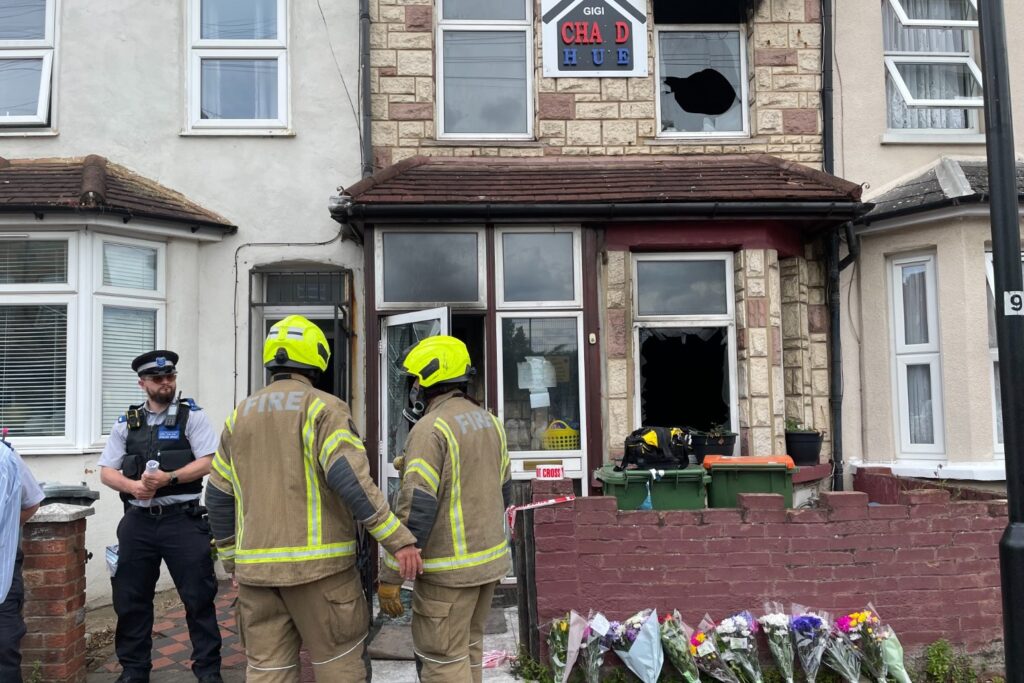This website uses cookies so that we can provide you with the best user experience possible. Cookie information is stored in your browser and performs functions such as recognising you when you return to our website and helping our team to understand which sections of the website you find most interesting and useful.
Inquiry to be held into racial inequalities highlighted by the pandemic
05/06/2020

The official human rights watchdog is to mount a statutory inquiry into the racial inequalities exposed by the coronavirus crisis in the UK.
The Equality and Human Rights Commission (EHRC) said it was a “once in a generation” opportunity to tackle deep-seated inequalities and create a fairer country.
The move comes amid a wave of protests across the UK highlighting the anger felt over the treatment of black, Asian and minority ethnic (BAME) people.
The demonstrations were provoked by the unrest in the US in the wake of the death of George Floyd at the hands of police, but the message from protesters has widened to discrimination more generally.
Earlier this week, a report by Public Health England (PHE) found that – after accounting for the effect of sex, age, deprivation and region – people of Bangladeshi ethnicity have around twice the risk of death from Covid-19 than people who are white British.
Those of Chinese, Indian, Pakistani, Other Asian, Caribbean and Other Black ethnicity have between a 10% and 50% higher risk of death when compared to white British people.
EHRC chairman David Isaac said: “Now is a once in a generation opportunity to tackle long-standing entrenched racial inequalities.
“We intend to use our statutory powers to address the loss of lives and livelihoods of people from different ethnic minorities.
“Only by taking focused action to tackle race inequality across Britain will we become a fair country in which every individual can reach their full potential.
“This inquiry is part of our long-term strategic approach to tackle the structural inequalities that the coronavirus pandemic has laid bare.
“This is an important step towards ensuring that the deep-rooted inequality faced by ethnic minorities is meaningfully addressed as we rebuild.”
Meanwhile, the NHS test and trace system – which is seen as a key part of efforts to ease the country out of lockdown – is not expected to be “world-class” until at least September, an executive of the scheme reportedly told staff.
Chief operating officer Tony Prestedge admitted in a webinar that the programme would be an “imperfect service at launch” that will “improve over time”, The Guardian reported.
In a video obtained by the newspaper from May 27 – the day the programme was announced – Mr Prestedge is said to have told staff that the regime would operate at a world-class level “towards the September or October time”.
Prime Minister Boris Johnson told MPs on May 20 the test and trace operation would be “world-beating”.
In other developments:
– Face coverings are to be compulsory on public transport in England from June 15 as the Government further eases the lockdown restrictions;
– Former prime minister Tony Blair called for mass testing of the UK population to keep the virus in check;
– Scientists said people with high blood pressure may be twice as likely to die from Covid-19 than those without the condition;
– Care home managers warned residents’ health and wellbeing are suffering due to a lack of social contact during lockdown.
The EHRC said the proposals for its inquiry will be discussed with race equality leaders before setting out the terms of reference in the coming weeks.
The inquiry will have the power to compel evidence from governmental departments and other organisations as it seeks to produce evidence-based recommendations to deliver progress.
It comes after PHE faced criticism that its report did not go far enough in explaining the reasons why BAME people are worse affected by the virus.
There has been concern at figures suggesting BAME people were nearly 50% more likely than white people to be arrested in London under the coronavirus laws.
Equalities Minister Kemi Badenoch is now to lead a further review, working with the Government’s race disparity unit, to take forward PHE’s findings.
“This Government is rightly taking seriously the initial findings from the PHE report,” she said.
“However, it is also clear that much more needs to be done to understand the key drivers of the disparities identified and the relationships between the different risk factors.
“That is why I am now taking this work forward, which will enable us to make a real difference to people’s lives and protect our communities from the impact of the coronavirus.”
Meanwhile, Business Secretary Alok Sharma has disclosed that he has tested negative for the virus.
Mr Sharma went into self-isolation after appearing to fall ill while delivering a statement in the House of Commons on Wednesday.
His negative test came as a relief to Boris Johnson and Chancellor Rishi Sunak who held a 45 minute meeting with him in Downing Street on Tuesday and faced the possibility they would have to self-isolate if it had been positive.
Published: by Radio NewsHub



